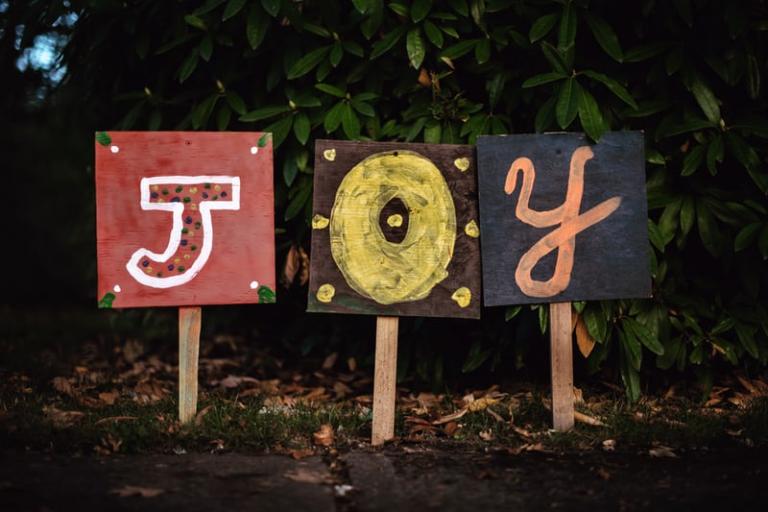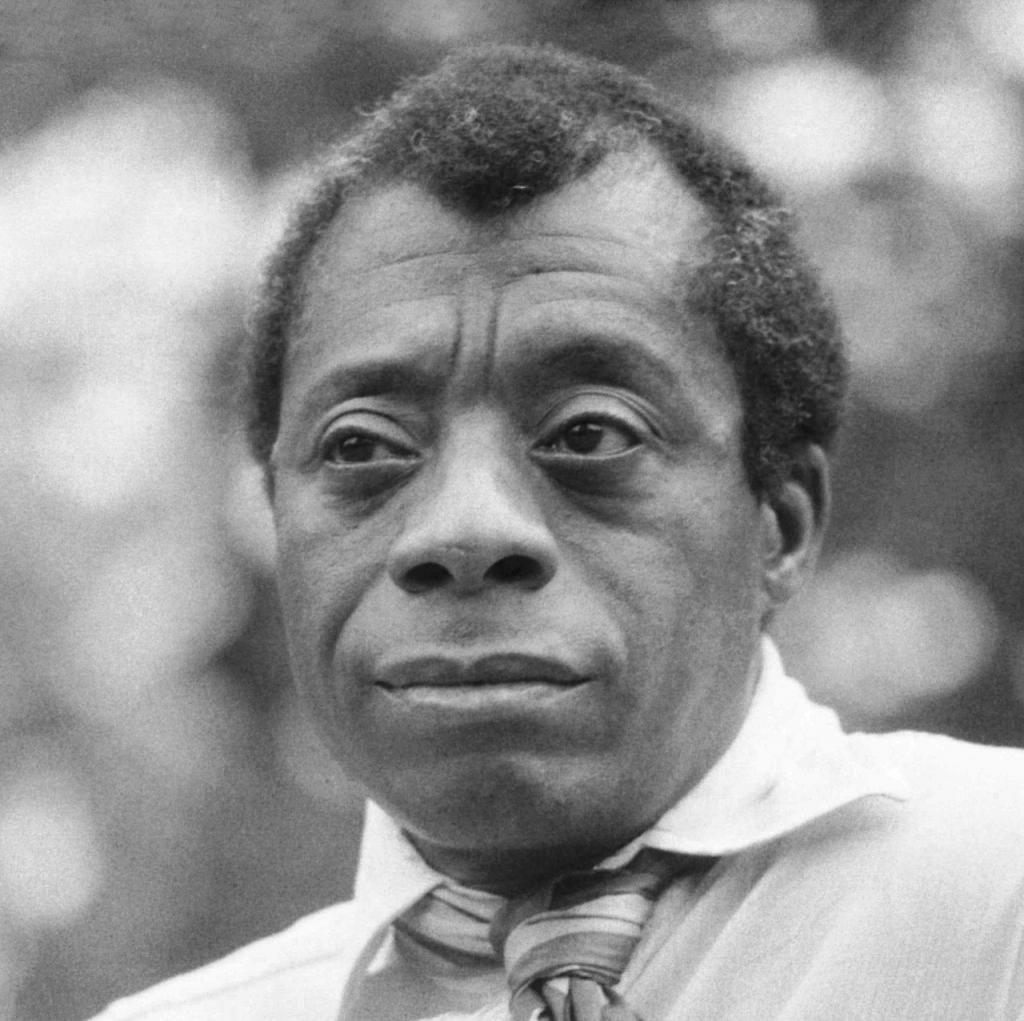Joy and justice, on the surface, do not seem to go together. Sometimes we might even associate social justice with joylessness. We may have met someone who was an activist for this or that cause, and they didn’t seem happy. Or maybe we were, or are, that person. Despite our best intentions to do our part to create a better world, we are not happy. We tell ourselves, usually unconsciously, that all it takes is a fierce commitment, mixed with a dash of dogged masochism, to grit our teeth, keep fighting, and overcome all odds.
The social justice dimensions of Jesus’ message galvanized my life because in part I perceived that God expected it and that it was what I should do. I’ve written about this at Sojourners. I perceived that justice for the poor, the immigrant, the person of color, and the LGBTQ person was connected with what I should do in the world and God’s expectations of me. And it is.
As I worked in Boston non-profits, though, first on campaigns battling corporate injustice, such as taking on Philip Morris and the tobacco industry, Coca-Cola and the sugar lobby, and then with Boston’s homeless population, I became deeply unhappy. My inner voice was relentless. It told me how the world should be and how God expected me to live. There was always more to do. If I didn’t do more, be more, commit more, my faith, I told myself, would be lacking. And my faith always was lacking.
Things are changing, I’m delighted to say, not only within myself but also within social movements. Of course, that type of justice righteousness, which is the shadow side of dedicated moral passion, is still rampant. Self-shaming and people-shaming for their lack of commitment to the cause is in a bit of ascendancy on the left. But what is also ascendant in social movements is an abiding joy or “pleasure activism,” to use a phrase by a writer and activist named adrienne maree brown. Pleasure activism, she writes, is “the work we do to reclaim our whole, satisfiable selves from the impacts, delusions, and limitations of oppression and supremacy.”

Here is a picture, perhaps, of what maree brown means, from the direct action group Extinction Rebellion: as protesters blockaded Westminster Bridge in London, to call attention to the global climate state of emergency, they did yoga, danced, dressed in costumes, listened to a brass band, waved colorful posters and streamers, welcomed their kids, and one couple even got married. These tactics of direct action may or may not be palatable to us, but the passion for justice and joy is undeniable.
I’ve noticed a skepticism of joy, though, in my white, progressive Christian world. We are really attached to our joylessness. How dare we, or how can we, be joyful, when there is so much to worry about, so much to do, so much going wrong in our world, our lives, and in America? Jesus said, though: “Who of you can add an hour to your life by worrying?” We’d do well also to heed Wendell Berry’s advice to “be joyful, even though we’ve considered all the facts.”
adrienne maree brown reclaims joy itself as resistance to injustice. Here are her “Pleasure Principles,” from her book Pleasure Activism: The Politics of Feeling Good.
1) What you pay attention to grows. Tune into happiness, what satisfies you, what brings you joy.
2) We become what we practice.
3) Yes is the way.
4) When I am happy, it is good for the world.
5) The deepest pleasure comes from riding the line between commitment and detachment. Commit yourself fully to the process, the journey, to bringing the best you can bring. Detach yourself from ego and outcomes.
6) Make justice and liberation feel good.
7) Your no makes the way for your yes. Boundaries create the container within which your yes is authentic.
8) Moderation is key. The idea is not to be in a heady state of ecstasy at all times, but rather to learn how to sense when something is good for you, to be able to feel what enough is.
Photo by Tim Mossholder on Unsplash















